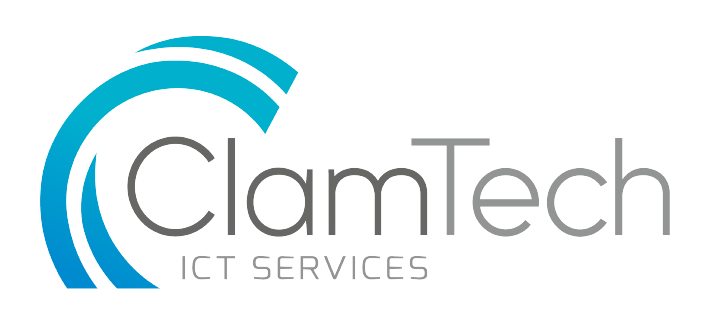The hype around Quantum computing
Quantum computing is a form of computing which uses qubits instead of bits in order to solve complex computations with many possible combinations and variables. It has created massive hype in the tech world over the past few years. From drug discoveries to market forecasting; the potential for quantum is expansive and companies like Microsoft and Google have realised this and invested heavily in the technology. However, many argue that its development is lacking behind.
There is a growing anxiety in the quantum world that as investment accelerates, the hype balloon inflates. Even governments, from China to the US, had promised over $1 billion investment in quantum and related technologies. Most countries are undoubtably looking to harness maximum potential from the technology but critics argue that this potential may take decades to be realised and some researchers have their doubts on whether these high expectations can actually be satisfied. Even worse, some speculate that the technology might actually make the world a worse place. “With more money comes more promises, and more pressure to fulfil those promises, which leads to more exaggerated claims,” says Bermejo-Vega.
There are also serious concerns relating to quantum computing’s need for environmentally unfriendly infrastructure to store the huge volume of data. Sabine Hossenfelder, from The Guardian, says that a future quantum computer will be able to produce 10 terabytes of data per second and will require many conventional computers to operate and monitor them. Others argue that we are yet to see real evidence that the technology is worth the resources invested in it.
Google contributed to the hype when they announced their ‘quantum supremacy demonstration’, in which company researchers performed a mostly useless mathematical problem on a quantum computer, which it completed faster than a supercomputer. Bermejo-Vega thinks that this demonstration did provide some scientific value of the technology’s viability, but to suggest ‘supremacy’ over supercomputers is false.
However, even with all its critics, the industry continues to make positive strides towards developing a commercial quantum computer. 2019 was an interesting year for the industry; Microsoft designed a programming language for quantum and IBM released a new 20 qubit quantum computer, called IBM Q System One. Furthermore, Microsoft also released the Quantum Development Kit, which helps programmers experiment with the technology and create new applications with it. In May 2019, the company announced that its Kit had been downloaded 100,000 times. British Telecommunications (BT) is also working on using quantum mechanics to improve communication security, while KPN implemented end-to-end quantum key distribution to secure transmissions. Meanwhile, other companies, like Airbus, have begun to leverage quantum for various uses. The company has leveraged existing quantum computers to deal with storage and compute big data in aerospace, such as: analysing satellite images or creating new materials for aircrafts.
While the technology may not revolutionise computing and the way be process data any time soon, it is worth keeping an eye on the emerging technology and its application in the real world. Some of the buzz around it has elements of truth but, as always, the hype is often not in touch with today’s reality. Advances in quantum have not yet had quite the impact they were forecast to, but over the next 5 year there is no doubt that significant advances will have enormous impact on certain industries, even if they do not impact the average person.

